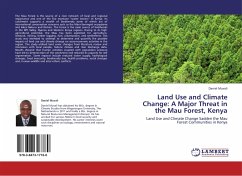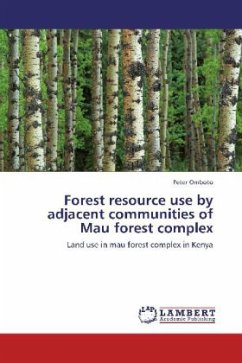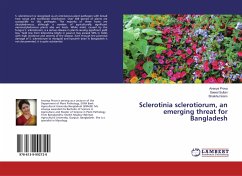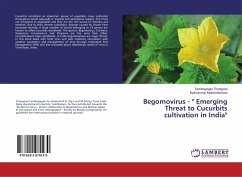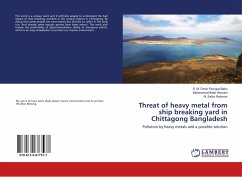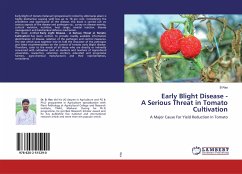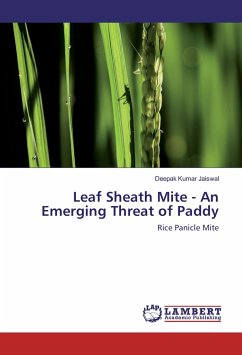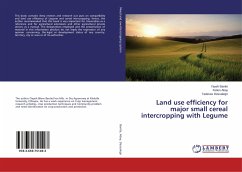The Mau Forest is the source of a river network of local and regional importance and one of the five montane water towers of Kenya. Its catchment supports a wealth of biodiversity some of which are of international conservation concerns such as the Mara-Serengeti ecosystems and lakes Nakuru and Natron. The forest is the main source of livelihoods in the Rift Valley, Nyanza and Western Kenya regions. Owing to its high agricultural potential, the Mau has been exploited for agriculture, livestock, mining, timber logging, fuel, urbanization, and settlements. This study was intended to attempt to determine and quantify the possible impacts of land use and climate change on socio-economic activities in the region. The study utilized land cover changes from literature review and interviews with local people, historic climate and river discharge data. Results showed that human activities coupled with population pressure have led to deterioration of the catchment and reduced its capacity for self regeneration. Some impacts include reduced water supply, hydrological changes, food insecurity, biodiversity loss, health problems, social changes and, human-wildlife and inter-ethnic conflicts.
Bitte wählen Sie Ihr Anliegen aus.
Rechnungen
Retourenschein anfordern
Bestellstatus
Storno

